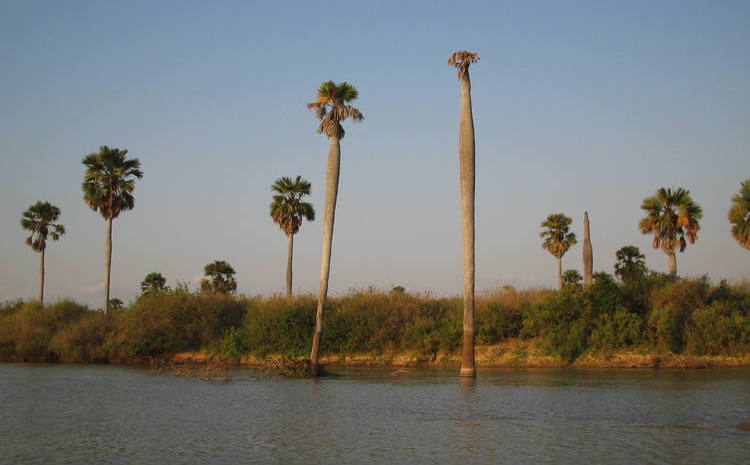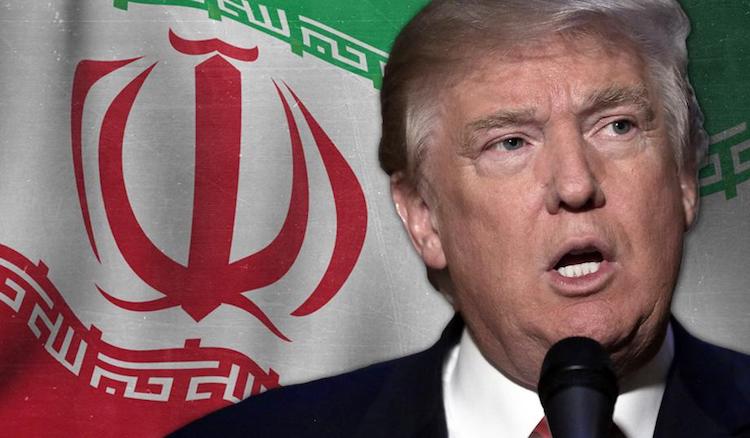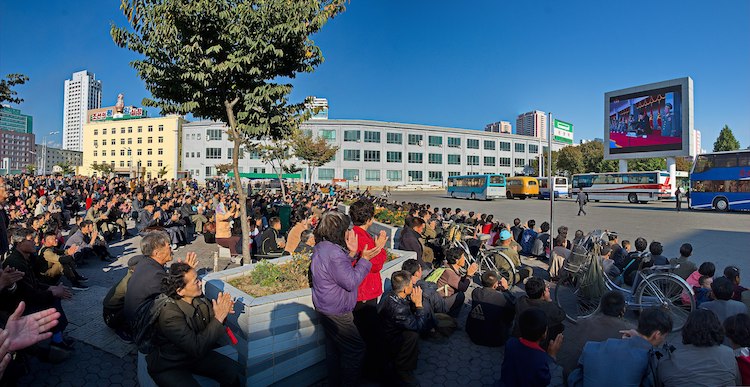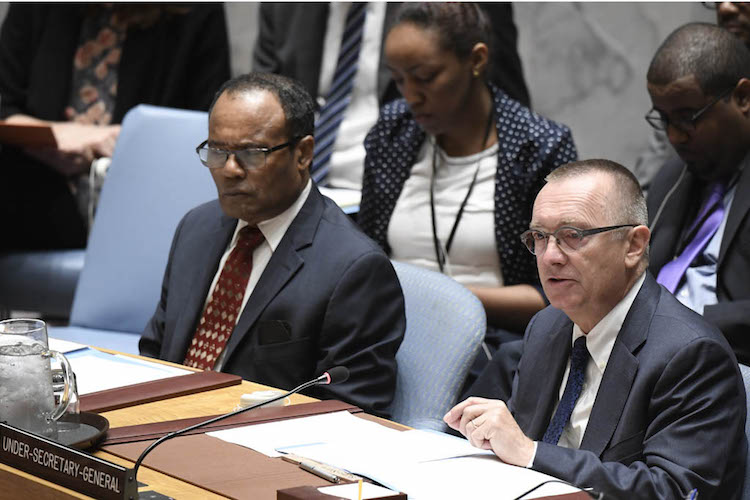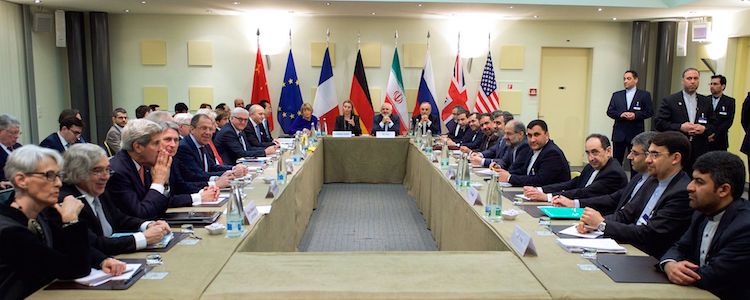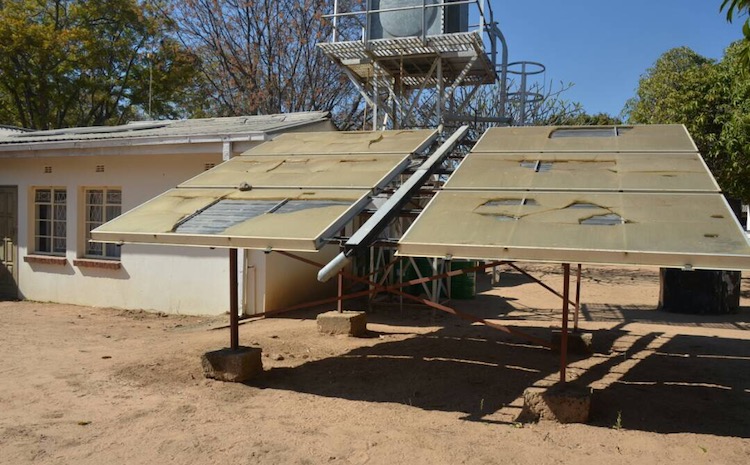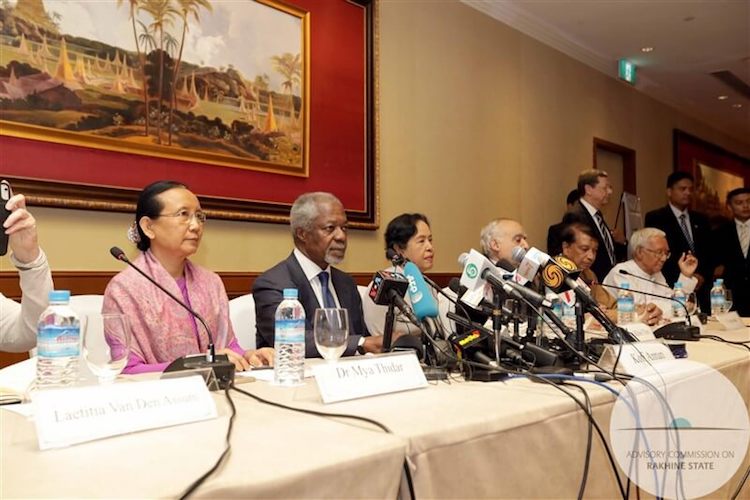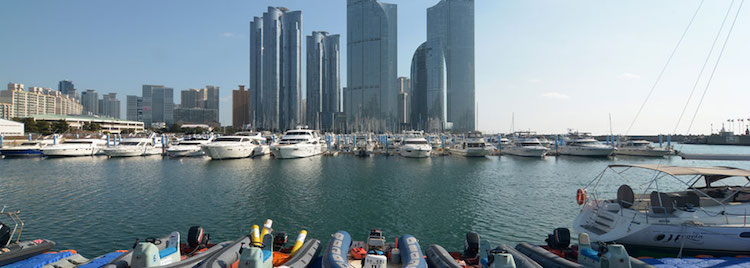By Global Information Network
PARIS | NEW YORK (IDN) – “The Selous Game Reserve, covering 50,000 square kilometres, is amongst the largest protected areas in Africa and is relatively undisturbed by human impact,” says UNESCO, which decided in 2014 to include it in the List of World Heritage in danger.
Notwithstanding the prominent status given to Selous Game Reserve by including it among world’s 54 properties of “outstanding universal value”, and much to the dismay of environmentalists, Tanzanian President John Magufuli has invited bids for a 2,100-megawatt hydroelectric plant. The project would more than double the country’s power generation capacity, ending chronic electricity shortages.

